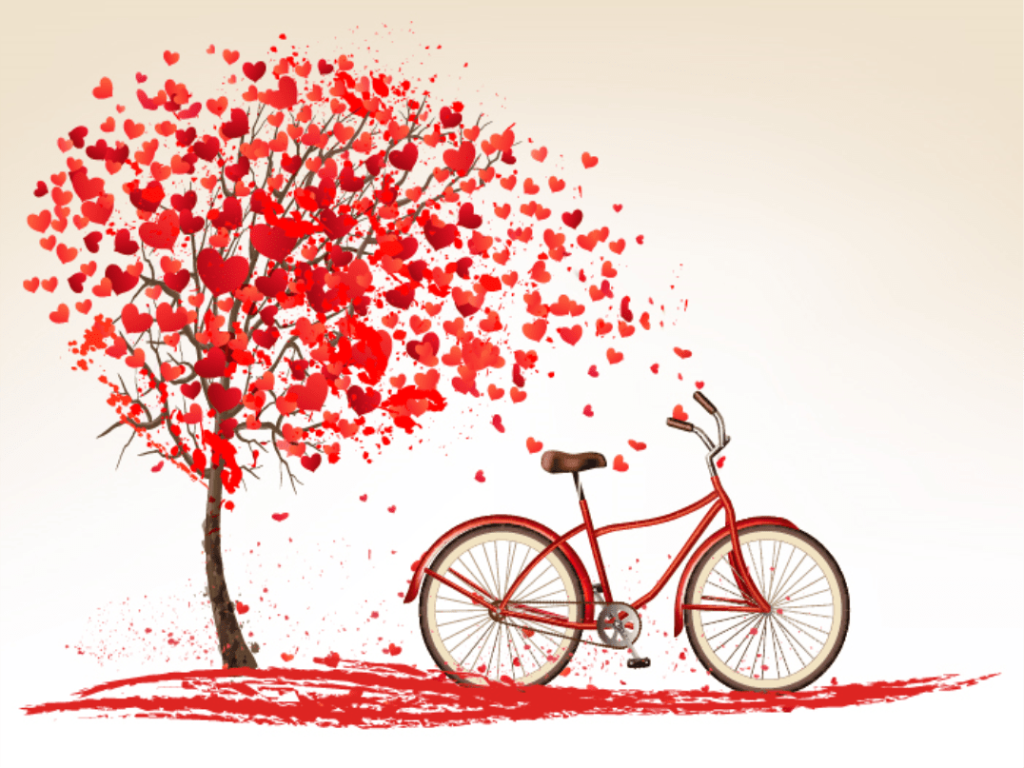Learning to say “I love you” is a wonderful step in your journey to mastering the Arabic language. But in Arab culture, the expression of affection goes beyond just a single phrase. It’s a rich tapestry of words, actions, and cultural nuances that can be particularly meaningful when an Arab man says “I love you.” This article will help you understand the most common ways to express love and affection in Arabic, and what these phrases really mean, both in words and in actions.
When an Arab Man Says “I Love You,” Look for These Signs
In Arab culture, the expression of love, especially from an Arab man, often comes with a deeper commitment. While the words “I love you” (Uhibbuk) are powerful, they are often complemented by actions that show commitment and protection.
An Arab man showing serious affection may:
- Be Protective and Supportive: He will act as a guardian, offering support and assistance in various aspects of your life.
- Introduce You to His Family: This is a significant sign of seriousness. Including you in his family life indicates that he sees a future with you.
- Include You in Future Plans: He will discuss his future with you, showing that he envisions you as a part of it.
How to Say “I Love You” in Arabic
The most direct and widely understood way to say “I love you” in Arabic is أحبك (Uhibbuk). The pronunciation changes slightly depending on who you’re talking to:
- (Uhibbuka) أحبكَ : To a male
- (Uhibbuki) أحبكِ : To a female
This phrase is used in both formal and informal contexts. In many dialects, like Egyptian Arabic, you’ll hear أنا بحبَك (Ana Bahebak) for a male and أنا بحبِك (Ana Bahebik) for a female.
The Meaning Behind “Inta Roohi” and Other Poetic Phrases
Beyond the direct phrase for “I love you,” Arabic is full of poetic and heartfelt terms of endearment. These phrases, often rooted in deep cultural meaning, show a profound connection.
| Phrase | Transliteration | Literal Meaning | Deeper Meaning |
|---|---|---|---|
| يا روحي | Ya roohi | Oh, my soul | My dear/beloved; my soulmate |
| يا حياتي | Ya hayati | Oh, my life | My darling; you are my world |
| يا قلبي | Ya albi | Oh, my heart | My heart; you are essential to me |
| عمري | Omri | My age/my life | You are my lifetime; my darling |
| أنت روحي | Anta roohi | You are my soul | You are my soulmate; the essence of my being |
| تقبرني | Tuqburni | You bury me | I love you so much I hope you outlive me because I couldn’t bear living without you |
The phrase “Inta Roohi” (أنت روحي), or “You are my soul”, is a beautiful and very deep expression of love. It signifies that the person is not just a part of your life, but the very essence of your being.
The Levels of Love in Arabic: A Journey of Soul and Emotion
The Arabic language is unique in its ability to describe the different stages of love, from initial attraction to the deepest forms of adoration:
- (Al-Hawa) الهوى : This is the initial attraction, the feeling of being drawn to someone, like the wind pulling you in.
- (Al-Ishq) العشق : A stronger stage of love, where a person becomes deeply infatuated and captivated, possibly to the point of being blind to the beloved’s flaws.
- (Al-Huyum) الهيام : The deepest and most intense stage of love, where the lover might lose their mind or become lost due to the intensity of their affection, as seen in stories like “Layla and Majnun.” This stage reflects the intensity of love that can lead to madness or self-loss for the beloved.
Love is Arabic: The Roots of Affection
The word for love in Arabic, حب (Hubb), is a simple, powerful word. The richness of the language allows for many related terms that describe different stages and types of love. From Hubb (love) to Ishq (passionate love), the language provides a lexicon to describe the full spectrum of emotions.
By understanding these words and phrases, you not only improve your vocabulary but also gain a deeper appreciation for the beauty and culture of the Arabic-speaking world. Keep practicing, and let your heart guide you!
If you wish to learn more about the Arabic language, download our Arabic learning app.



